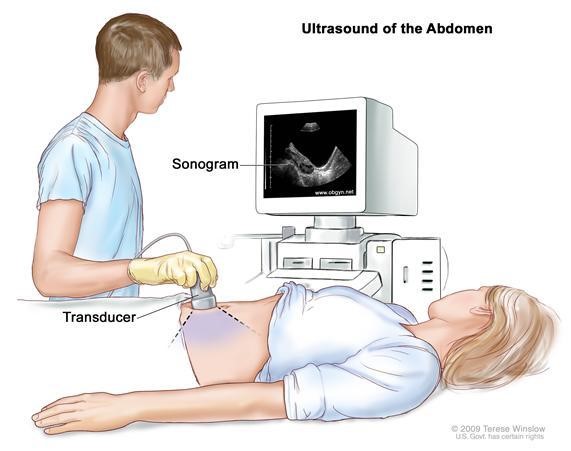A nurse is assessing a client who may be pregnant. The nurse reviews the client's history for presumptive signs. Which signs would the nurse most likely note? Select all that apply.
Nausea
Abdominal enlargement
Positive pregnancy test
Braxton Hicks contractions
Amenorrhea
Correct Answer : A,B,C,E
Choice A Reason: Nausea is a common presumptive sign of pregnancy, especially in the first trimester. It is caused by hormonal changes and may be accompanied by vomiting.
Choice B Reason: Abdominal enlargement is another presumptive sign of pregnancy, as the uterus grows to accommodate the developing fetus. It may be noticeable as early as 12 weeks of gestation.
Choice C Reason: A positive pregnancy test is a presumptive sign of pregnancy, as it detects the presence of human chorionic gonadotropin (hCG), a hormone produced by the placenta. However, it is not a definitive sign, as it may be affected by other factors such as medications, tumors, or false positives.
Choice D Reason: Braxton Hicks contractions are not a presumptive sign of pregnancy, but a probable sign. They are irregular and painless contractions of the uterus that occur throughout pregnancy, but become more frequent and noticeable in the third trimester. They are also known as false labor contractions.
Choice E Reason: Amenorrhea, or the absence of menstrual periods, is a presumptive sign of pregnancy, as it indicates that ovulation has ceased. However, it is not a definitive sign, as it may be caused by other factors such as stress, illness, or hormonal imbalances.
Nursing Test Bank
Naxlex Comprehensive Predictor Exams
Related Questions
Correct Answer is B
Explanation
Choice A Reason: Nagele's rule is a formula that estimates the due date by subtracting three months from the first day of the last menstrual period and adding seven days. However, this method assumes a regular 28-day cycle and may not be accurate for women with irregular cycles or who are unsure of their last menstrual period.
Choice B Reason: Ultrasound is the most accurate method of determining the estimated due date, especially in the first trimester. Ultrasound uses sound waves to create an image of the fetus and measure its size and development. Ultrasound can also detect any abnormalities or complications that may affect the pregnancy.
Choice C Reason: Gestation wheel is a circular calendar that estimates the due date by aligning the first day of the last menstrual period with a corresponding date on the wheel. However, this method also assumes a regular 28-day cycle and may not account for variations in ovulation or implantation.
Choice D Reason: Birth calculator is an online tool that estimates the due date based on various factors such as the last menstrual period, cycle length, ovulation date, conception date, or ultrasound date. However, this method may not be reliable as it depends on the accuracy of the input data and the algorithm used by the calculator.

Correct Answer is ["2"]
Explanation
To calculate how many capsules to administer per dose, the nurse should divide the ordered dose by the available dose and round to the nearest whole number.
The ordered dose is 50 mg.
The available dose is 25 mg per capsule.
Therefore, the number of capsules to administer per dose is 50 mg / 25 mg = 2 capsules.
The answer should be rounded to the nearest whole number and use a leading zero if it applies. Do not use a trailing zero.
Therefore, the final answer is 2 capsules.
Whether you are a student looking to ace your exams or a practicing nurse seeking to enhance your expertise , our nursing education contents will empower you with the confidence and competence to make a difference in the lives of patients and become a respected leader in the healthcare field.
Visit Naxlex, invest in your future and unlock endless possibilities with our unparalleled nursing education contents today
Report Wrong Answer on the Current Question
Do you disagree with the answer? If yes, what is your expected answer? Explain.
Kindly be descriptive with the issue you are facing.
